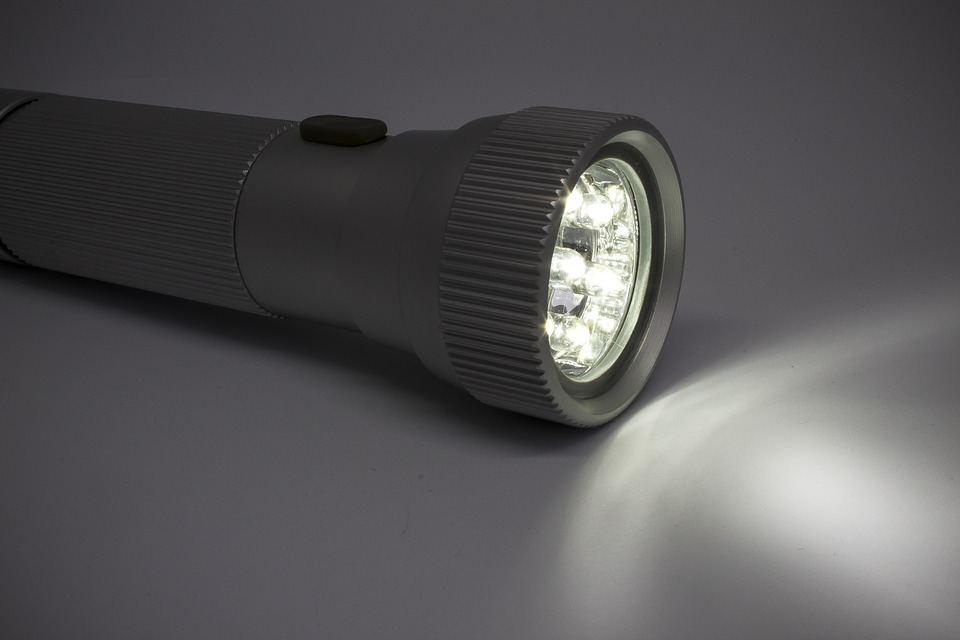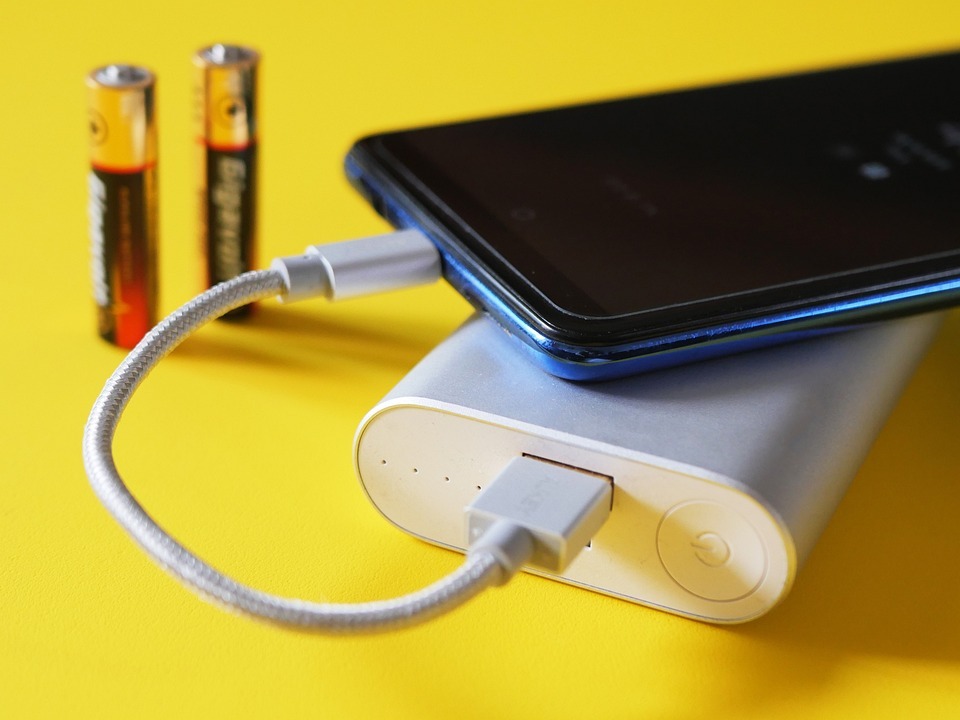Power outages can strike unexpectedly, leaving you without electricity for hours or even days. Whether caused by severe weather, equipment failures, or other unforeseen circumstances, being prepared for a power outage is essential to ensure the safety and comfort of your family. In this article, we will provide you with a comprehensive guide on how to be prepared for a power outage, so you can navigate through such situations with confidence.
Create a Power Outage Kit
One of the first steps in being prepared for a power outage is to assemble a power outage kit. This kit should contain essential items that will help you and your family cope during the outage. Here’s what to include:

- Flashlights and Batteries: Ensure you have several flashlights
and a stockpile of fresh batteries. LED flashlights - Candles and Matches: Candles
- Battery-Powered Lanterns: Lanterns
- Portable Phone Charger: A fully charged portable phone charger
- Manual Can Opener: If you have canned food, a manual can opener is essential for access.
- Non-Perishable Food and Water: Stock up on canned goods, granola bars, and other non-perishable items that don’t require refrigeration. Keep an adequate supply of bottled water as well.
- First Aid Kit: Have a well-stocked first aid kit on hand in case of injuries.
- Blankets and Warm Clothing: Prepare for temperature drops by having extra blankets, warm clothing, and sleeping bags available.

Maintain a Communication Plan
During a power outage, communication can be challenging. Here are some steps to stay connected:
- Emergency Contacts: Compile a list of important phone numbers, including those for your utility company, local emergency services, and relatives.
- Battery-Powered Radio: A battery-powered or hand-cranked radio
can provide you with important updates and information. - Social Media and Messaging Apps: Keep your smartphone charged and use social media and messaging apps to stay in touch with loved ones and receive updates from authorities.
- Emergency Alerts: Sign up for local emergency alerts on your phone or through government websites.
Prepare Your Home
- Backup Power Source: Consider investing in a generator or portable power bank to keep essential appliances running. Make sure to use these safely and in well-ventilated areas.
- Unplug Appliances: Before the power goes out, unplug sensitive electronics and appliances to protect them from power surges when electricity is restored.
- Keep Refrigerator and Freezer Closed: Minimize the number of times you open your fridge and freezer to keep perishable food items as cold as possible.
- Install Surge Protectors: Install surge protectors to safeguard your electronic devices from voltage spikes.
Learn Basic Safety Measures
- Electrical Safety: Educate yourself and your family on electrical safety, such as avoiding downed power lines and not overloading electrical outlets.
- Fire Safety: Be cautious when using candles and other open flames, and have fire extinguishers
readily available. - Carbon Monoxide (CO) Detectors: Ensure you have functioning CO detectors
in your home, especially if you use alternative heating sources like a generator or wood-burning stove.
Stay Informed
- Monitor Weather Conditions: Stay updated on weather forecasts to anticipate potential power outages and prepare accordingly.
- Check Utility Company Updates: Visit your utility company’s website or follow them on social media for outage updates and estimated restoration times.
Being prepared for a power outage is not only practical but also essential for the safety and comfort of your household. By creating a power outage kit, establishing a communication plan, preparing your home, learning basic safety measures, and staying informed, you can minimize the disruption caused by power outages and ensure your family’s well-being during challenging times. Remember, it’s better to be prepared and not need it than to be caught off guard.



